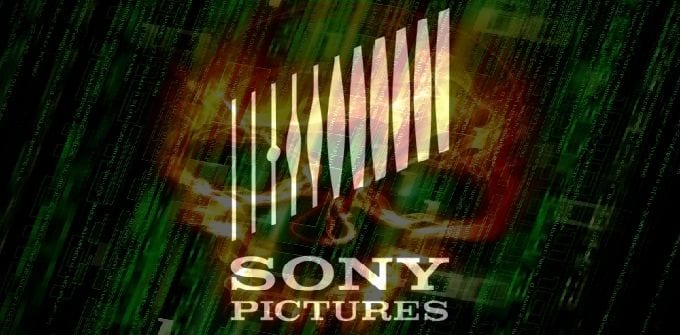Table Of Contents
Sony Fights Back against Torrents and file sharing service using Denial of Service attacks and using Fake Seeds
The November hack attack may have crippled Sony but it is not dead yet. After the Sony hack attack, the hackers leaked parts of the 100 terabytes of data stolen from the Sony corporate network in small tranches. This data included Sony’s unreleased films, the detailed information of Sony corporate employees like emails and SSNs, the detailed information of cast, crew and other staff working with Sony productions and other confidential data. This data is/was being shared through various torrents and file sharing services. Sony had decided to fight them back and give these sites a bit of run for their money.
The Fightback
According to Recode, Sony has started using various several technological countermeasures to disrupt downloads of its most sensitive information through torrents and file sharing services. Recode says that Sony is using hundreds of computers in Asia to execute what’s known as a Denial of Service (DoS) attack on the file sharing sites where its stolen data has been identified to be hosted.
According the Recode, Sony is using services of online retailers, Amazon Web Services Data Centers based in Tokyo and Singapore, to carry out the Denial of Services (DoS) attacks. Normally the media companies use these technique to fight and combat pirated movies and music hosting websites.
Sony is adopting a special technique called ‘Fake Seeds’ against those using torrents to download and upload its stolen files. The procedure for employing this technique is rather complex. When a user is downloading a file through any torrent software, the user download parts of the file simultaneously from several ‘seeders’ and ‘leechers’ to facilitate a faster and unbreakable download. The ‘seeders’ facilitate the full download of torrent whereas the ‘leechers’ facilitate download of bits and parts of the file and hosting it. Normally all torrent users act as some kind of ‘leechers’ in the torrent ecosystem. When the user download the full file he/she turns into a ‘seeder.’ Sony has taken this idea forward by employing what are called as ‘fake seeds.’ Sony is cloning the seeds with its own dummy files contain gibberish data yet big enough in size and seeding this fake seeds into the torrent ecosystem so that it will sap a downloader’s software resources, bringing download speed to a crawl. The basic idea behind this variation is to frustrate the downloader into giving up the file download and not being part of the stolen files torrent ecosystem.
Recode states that Sony used a similar kind of technique in the early days of file sharing services. “Sony’s technique is similar to one it employed in the early days of file sharing, when it worked with an anti-piracy firm called MediaDefender. The firm populated file-sharing networks with decoy files labeled with the names of such popular movies as “Spider-Man,” to entice users to spend hours downloading an empty file.”
Sony is already bearing huge financial costs of its unreleased movies being shared online and possibility of litigations over the hack attacks. It remains to be seen how these techniques will help Sony but it may help the entertainment major to recover some of its lost morale and pride.

